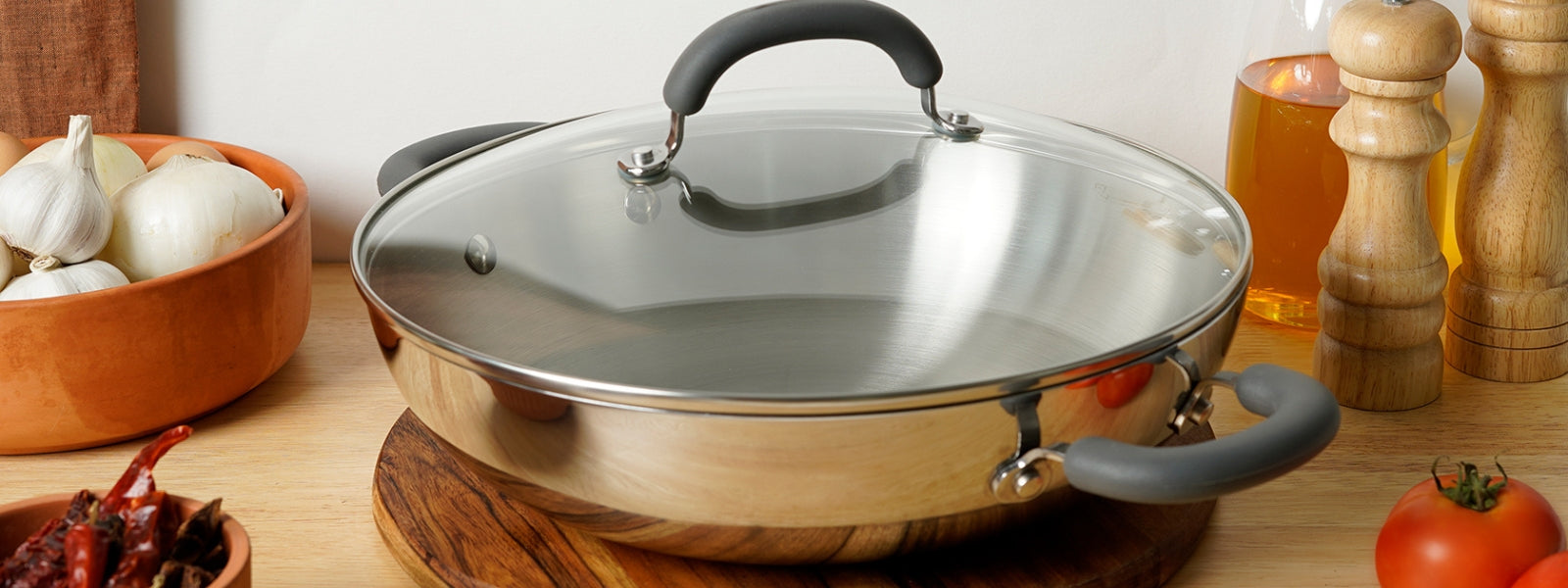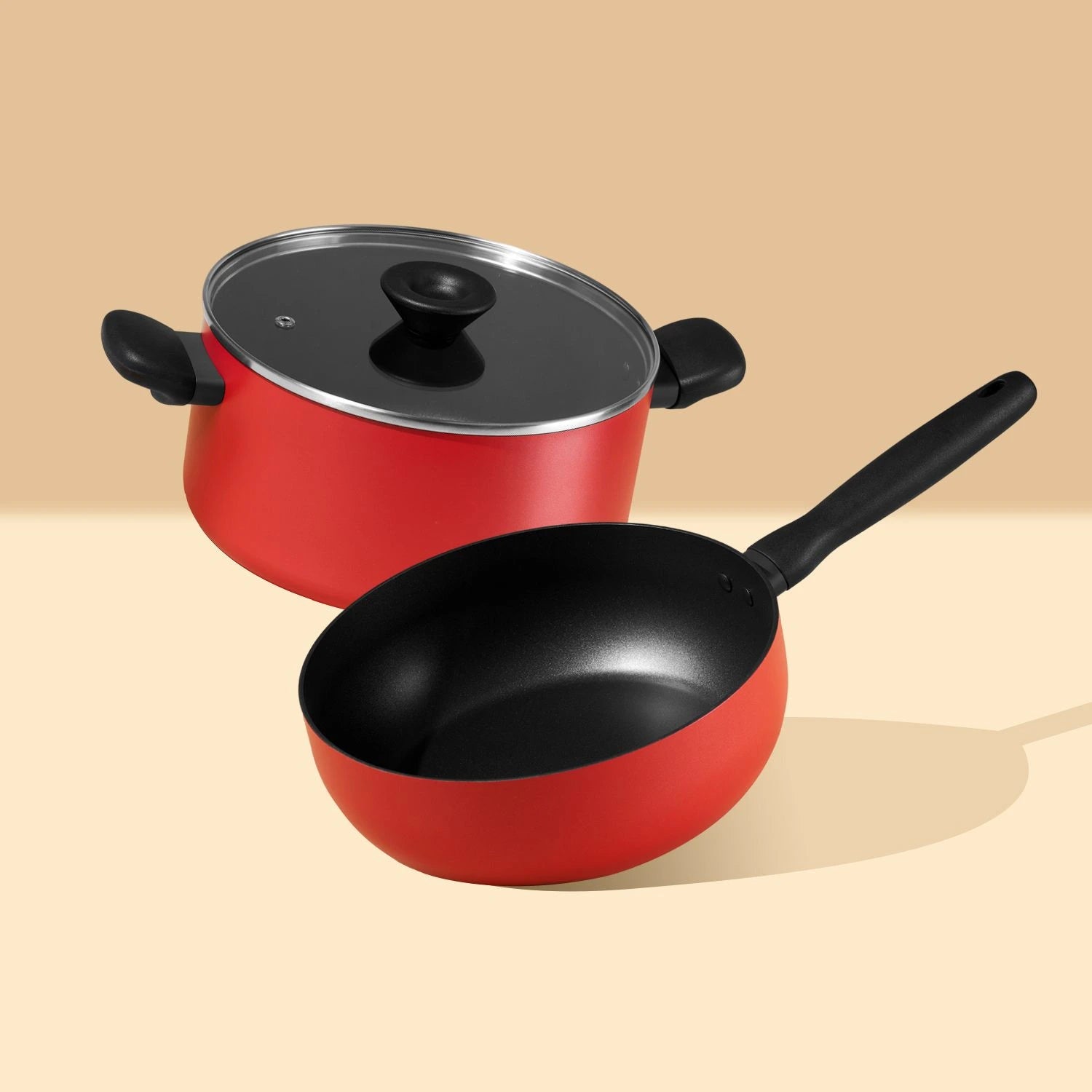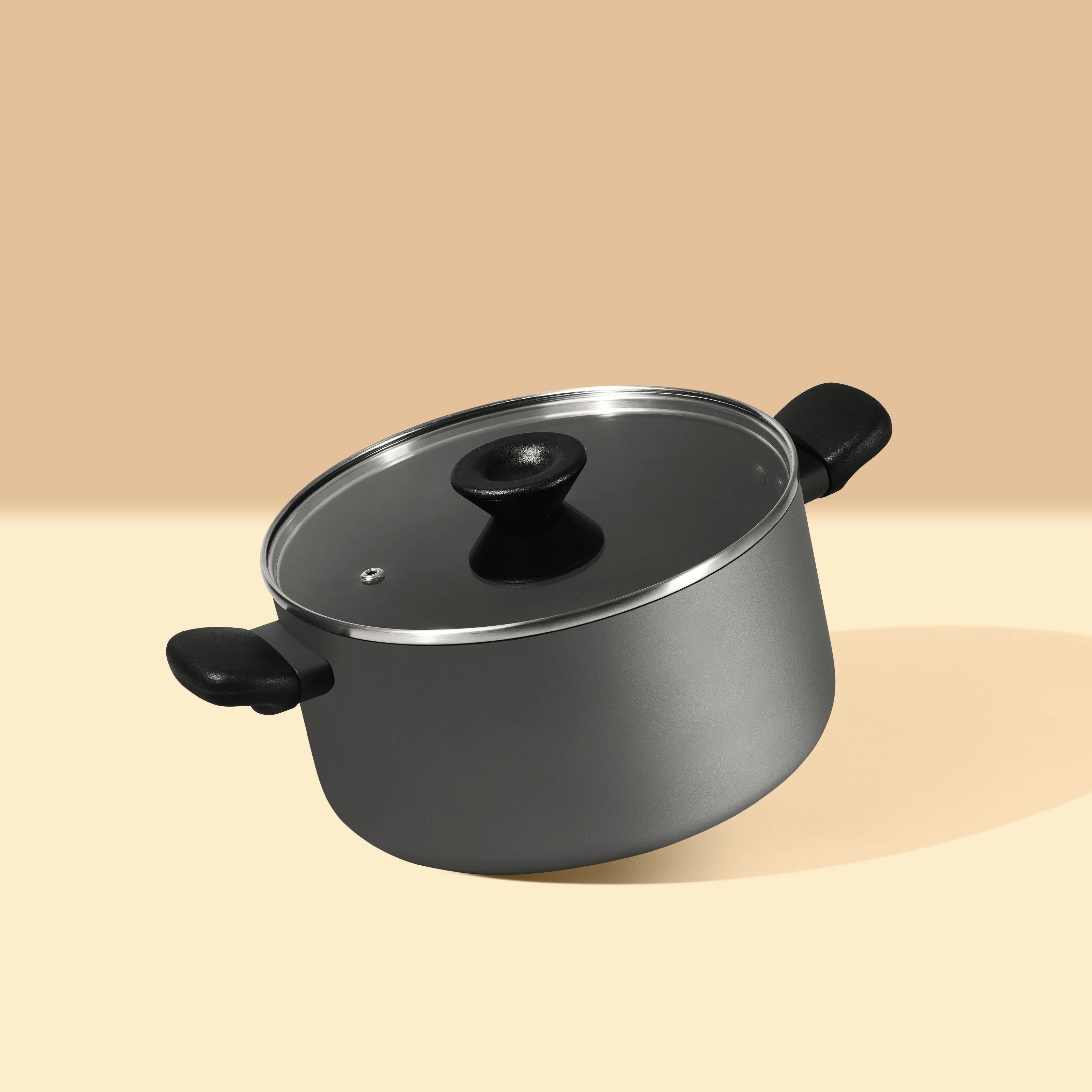Red wine is a beloved alcoholic beverage made from fermented dark-colored grape varieties. Its rich history dates back thousands of years, and it is enjoyed worldwide for its complex flavors and potential health benefits. Red wine is produced in many wine-growing regions around the globe, each bringing its unique characteristics to the final product.
Table of Contents
What is Red Wine?
Red wine is created through the fermentation of dark-colored grape varieties. The grape skins are left in contact with the juice during fermentation, which imparts the characteristic color and various flavor compounds to the wine. This process also contributes to the wine's tannin content, giving red wine its structure and aging potential.
Is Red Wine Rich in Antioxidants?
Yes, red wine is rich in antioxidants, particularly polyphenols like resveratrol, flavonoids, and tannins. These compounds are primarily derived from the grape skins and seeds, which remain in contact with the juice during fermentation.
Red Wine Antioxidant Health Benefits
The antioxidants in red wine, especially resveratrol, have been studied for their potential health benefits. They can help neutralize harmful free radicals in the body, which can reduce oxidative stress and lower the risk of chronic diseases such as heart disease, cancer, and neurodegenerative disorders. Resveratrol, in particular, has been linked to improved heart health, anti-aging properties, and potential anti-inflammatory effects.
Overall Health Benefits of Red Wine
- Cardiovascular Health: Moderate red wine consumption is associated with a lower risk of heart disease. The antioxidants and polyphenols can help improve blood vessel function and reduce bad cholesterol levels.
- Longevity: Some studies suggest that moderate red wine consumption may be linked to a longer lifespan, possibly due to its antioxidant properties.
- Anti-Inflammatory: The polyphenols in red wine have anti-inflammatory effects, which can benefit overall health and reduce the risk of chronic diseases.
- Cognitive Function: Some research indicates that the antioxidants in red wine may help protect the brain from age-related decline and improve cognitive function.
Ways to Use Red Wine
- Drinking: Enjoying red wine as a beverage, typically with meals, is the most common use.
- Cooking: Red wine is a popular ingredient in cooking, used to enhance the flavor of various dishes.
- Marinating: It can be used as a marinade for meats, adding depth and complexity to the flavor.
- Reduction Sauces: Red wine can be reduced to create rich sauces for meat and pasta dishes.
Difference Between Red Wine and Other Wine
- Color: Red wine is made from dark-colored grapes, whereas white wine is made from green or yellow-colored grapes.
- Fermentation Process: Red wine includes fermentation with the grape skins, seeds, and stems, while white wine typically ferments without them.
- Tannins: Red wine has higher tannin levels, contributing to its structure and aging potential.
- Flavor Profile: Red wines generally have a richer and more complex flavor profile compared to white wines.
Culinary Use of Red Wine
Red wine is widely used in culinary applications:
- Sauces: It is used to make rich, flavorful sauces for meats and vegetables.
- Stews and Braises: Red wine adds depth and richness to stews and braised dishes.
- Desserts: Some desserts, like poached pears and chocolate sauces, incorporate red wine for added complexity.
Red Wine Recipes
- Beef Bourguignon: A classic French stew made with beef braised in red wine, along with onions, mushrooms, and bacon.
- Red Wine Reduction Sauce: A simple yet elegant sauce made by reducing red wine with shallots, garlic, and beef broth, perfect for drizzling over steaks.
- Red Wine Poached Pears: Pears poached in a spiced red wine syrup, often served with whipped cream or mascarpone.
Conclusion
Red wine, with its rich history, complex flavors, and potential health benefits, is more than just a beverage. Its versatility in both culinary and social settings makes it a beloved choice for many. While moderate consumption can offer numerous health benefits, it is essential to enjoy red wine responsibly to fully appreciate its positive effects. Whether sipped slowly at a dinner party or used to enhance a gourmet dish, red wine continues to be a timeless symbol of enjoyment and sophistication.











Leave a comment